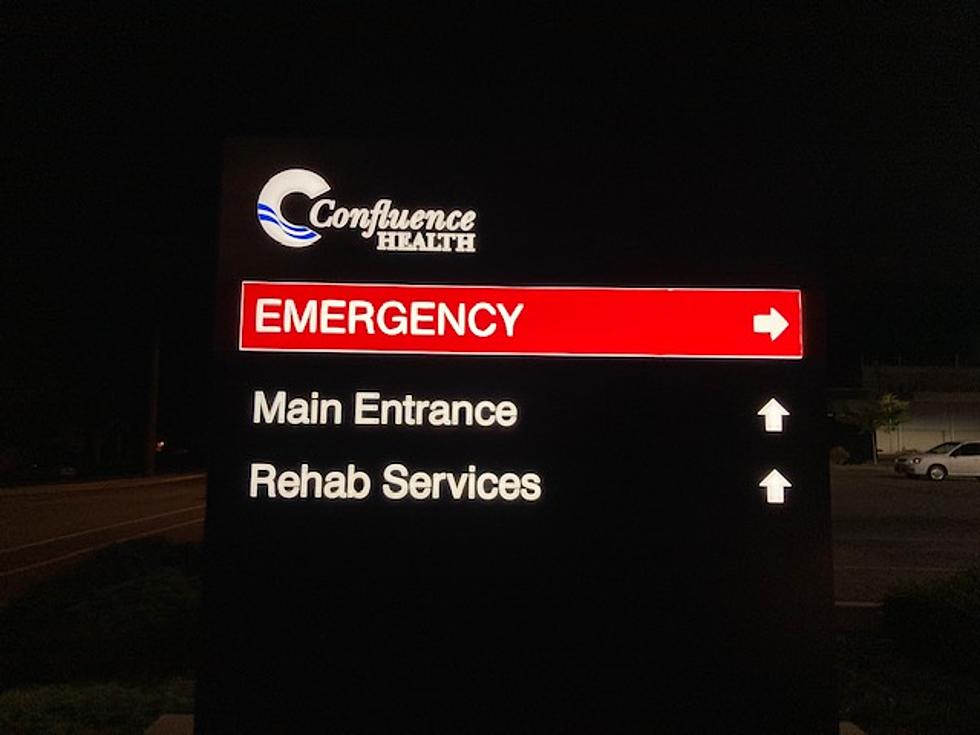
Scammers Targeting Those Forced to Work from Home
From the Better Business Bureau Northwest & Pacific:
Many companies are quickly making arrangements for employees to work from home, and others are fast tracking policies to meet the requirements of shelter-in-place orders issued by state officials.
These actions are making it an even higher risk of people being targeted by scammers, especially through phishing emails or through an unsecured network connection..
While working from home and watching to see how the situation surrounding the COVID-19 outbreak develops, here are some tips from Better Business Bureau to avoid falling victim to scams:
· Be aware of unusual procedures. Job offers without interviews are a red flag of employment scams, as well as employers that overpay and ask to wire back the difference. Take note of companies that promise opportunities or high income if you pay them for training.
· Check official job postings. Scammers will often use emails, social media or online job boards to reach targets. They are also known to use actual company names, addresses and human resource contacts found on the internet. If a job posting seems too good to be true, go directly to the company website and check their career page directly. If a website is charging you for information about a job opening, it is probably a scam.
· Set up work-from-home IT policies. When setting up remote employees, establish a plan to help them with technical problems they may face. Instruct them on who they should contact, and who to avoid, for tech support. A plan can protect employees, the business and your customers from having their personal and professional information compromised.
· Maintain office billing policies at home. One of the best ways to combat business email compromise scams is to set a policy requiring employees to confirm payment requests in person or over the phone, rather than over email. If the employees that handle billing are working from home, have them maintain these policies by calling to confirm any payment requests made by email.
· Review safety practices with employees. As employees are working remotely, remind them of the best practices to avoid scams. Practices such as avoiding clicking on pop-ups or links in unsolicited emails are encourage and if they aren't sure of the origin of an email, have them contact a colleague or supervisor by phone. Make sure they know tech support professionals would never call them unless they had requested assistance first.
More From NewsRadio 560 KPQ









